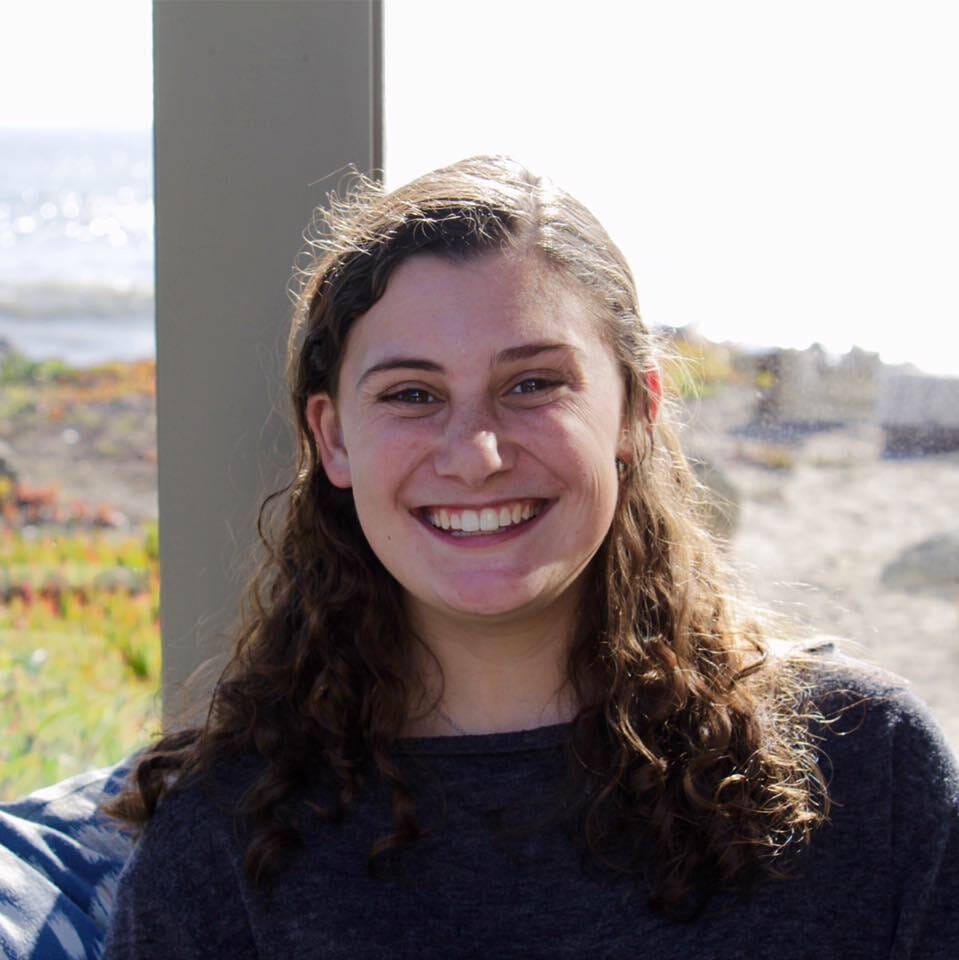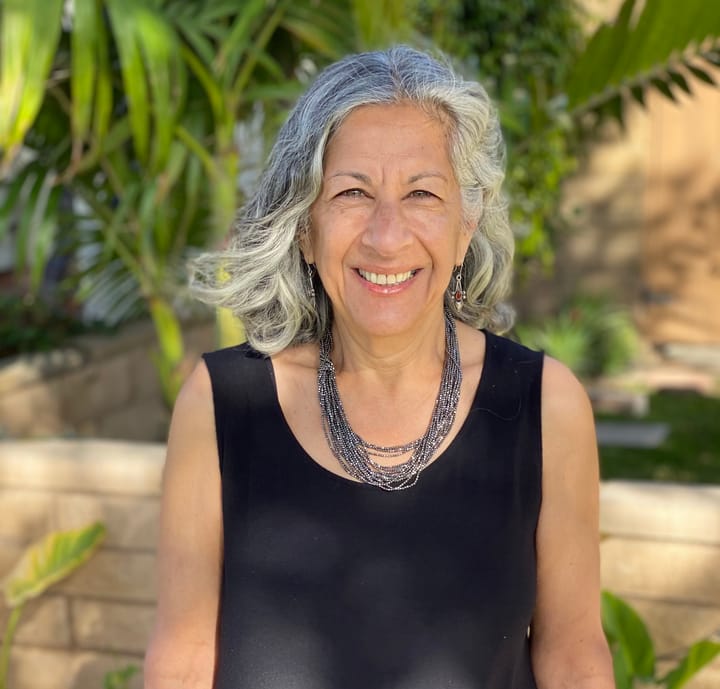Thoughts on Theses: Rachel Cohen

Rachel Cohen is a biology major. Her thesis focuses on the impact of coevolution between plants and fungal pathogens on susceptibility to certain diseases. Her thesis advisor is Professor of Biology Michael Hood.
Q: What is your thesis about? A: My thesis examines the way pathogens and hosts have coevolved over time and how these symbiotic relationships affect ecological diseases. My thesis specifically looks at Microbotryum, a fungal pathogen that infects plants in the carnations family. I am using five different genetic strains of the pathogen so that I can research how different genetic strains affect diseases in the same host plant. I am working in Professor Hood’s lab, which focuses on disease ecology.
Q: How did you come up with this idea for your thesis? A: The process of coming up with a thesis is a little different for biology majors, because in the department, we collaborate much more with professors to decide on a topic. I knew that I was interested in evolution, symbiosis and disease ecology. After telling Professor Hood my interests, he provided me [with] past theses and other research papers to read so that I could obtain more strategies and see what I liked. After collaborating some more with him, I decided to write about how plants can become more or less resistant over time when inoculated with pathogens. What’s amazing about this topic is that it combines evolution, symbiosis and disease ecology into one paper.
Q: What conclusions have found? A: I don’t have any conclusions yet because I am still in the data collection process. However, my hypothesis is that if I take a host plant and inoculate it with five different genetic strains of the Microbotryum pathogen, then the genetics in the strains will affect the plant’s resistance to diseases.
Q: What has been your favorite part of the whole process? A: I have had multiple favorite parts. One of my favorite parts was getting to do field collections for the carnations plant in the Italian Alps. The plant is located in the Italian Alps, which is why I had the opportunity to go. The experience was amazing because I also got to do some hiking and exploring. Another thing that I have really enjoyed is the amount of ownership that I have over this project. I want to pursue research in my life, and getting to completely direct my own project has been an experience of growth for me. I also enjoy spending time in the greenhouse because it’s very calming.
Q: What has been the hardest part? A: Writing a thesis is a test of perseverance. For the past month, I have been working on it for four to six hours a day, and I have had to study 4,000 plants. The pace of research is also a lot slower than the timeline you have for your thesis. Therefore, writing my thesis has been an extremely significant time commitment, so I really have had to keep persevering.
Q: What advice do you have for other thesis writers? A: My main piece of advice is that if you decide to write a thesis, make sure you’re really interested in the topic. Otherwise, you will definitely burn out, because writing a thesis takes a lot of time and energy, and there are many points where you’ll want to give up. Also, make sure that you have a good relationship with your advisor, because advisors are crucial support systems throughout the entire process.
Q: How would you describe your relationship with your advisor? A: I didn’t know Professor Hood very well before my thesis, but when we went to Italy, his entire family was there. Professor Hood has been extremely supportive of me and has helped me every step of the way. He is supportive in a very “hands-off” way. For instance, if I ask him a question, he won’t give me a straight answer because he wants me to develop as a researcher. His “hands-off” support and kindness has definitely helped me take ownership over my own project.




Comments ()